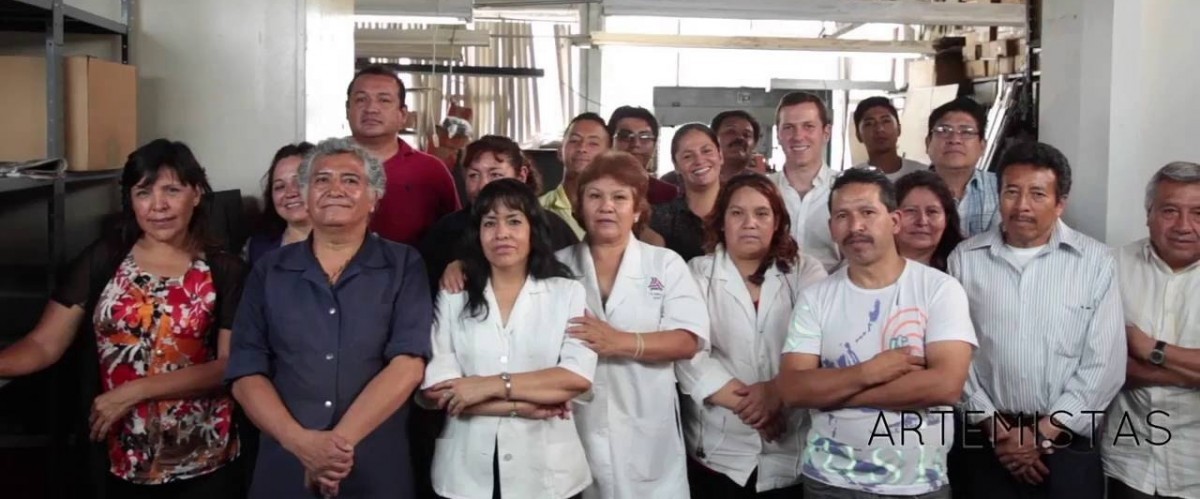Investigator: CDEP Co-Director Eric Verhoogen, David Atkin, Leonardo Iacovone, and Raul Castro
One of the most popular policy ideas for promoting innovation in the developing world is matching grants, through which a firm receives a grant after committing to contribute or raise other funds. The World Bank, for instance, has invested close to $1.2 billion dollars in matching grants for more than sixty projects targeting small and medium enterprises (SMEs).
But still little is known about how effective these programs are and how they might be better designed. One important issue is the process for choosing beneficiaries of the grants: it is better to rely on industry experts, who are well informed about the environment firms are operating in but may have conflicts of interest, or government officials, who have fewer conflicts of interest but also possibly less information about which firms have potential?
In this project, the investigators are evaluating a Mexican government program that offered matching grants to small and medium enterprises, and also implemented a pilot program in which firms were evaluated by industry experts as well as government officials. The program is the High Impact Entrepreneurship Program (HIEP) of the National Institute of the Entrepreneur (INADEM in Spanish). Through an application process, the HIEP identified and provided matching grants of up to $170,000 in funding for start-up firms and $280,000 for firms looking to "scale up".
Innovation Growth Lab wrote about the project.
FAQ en español.

